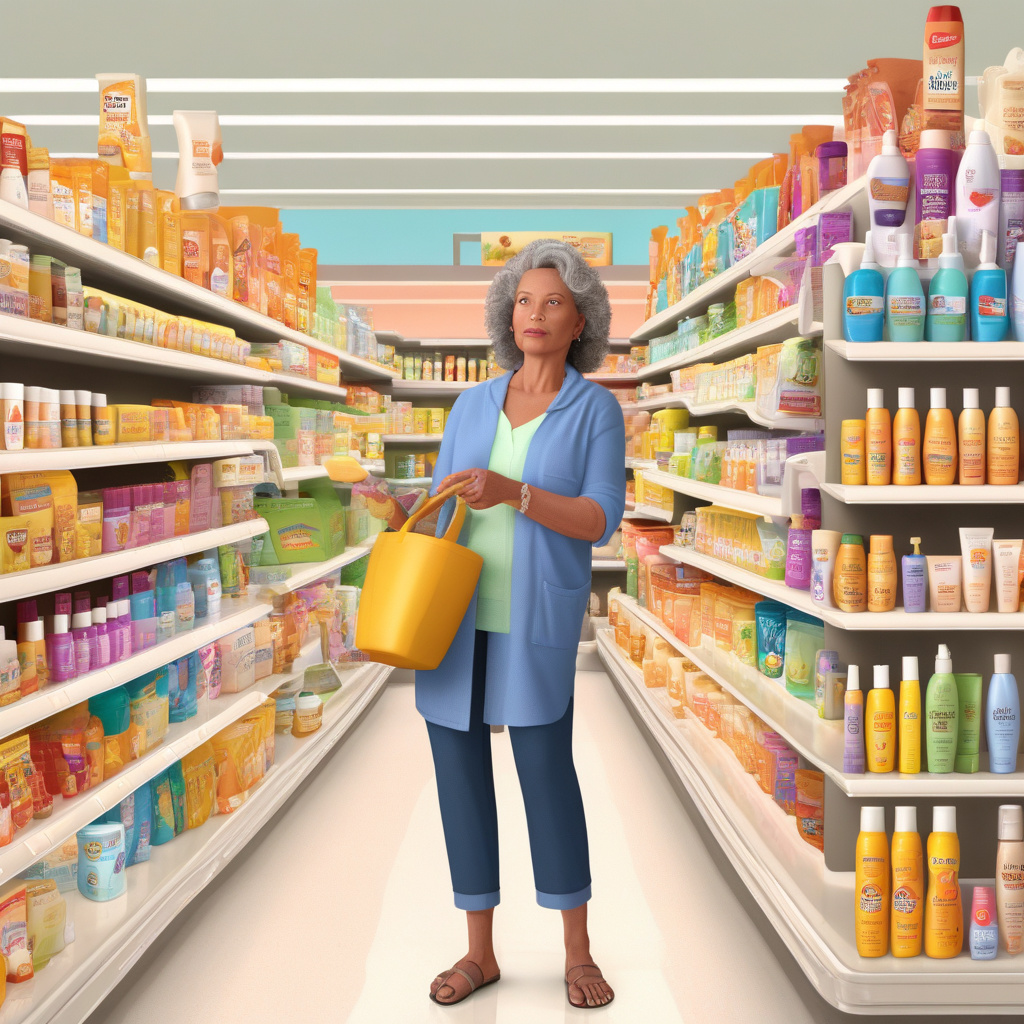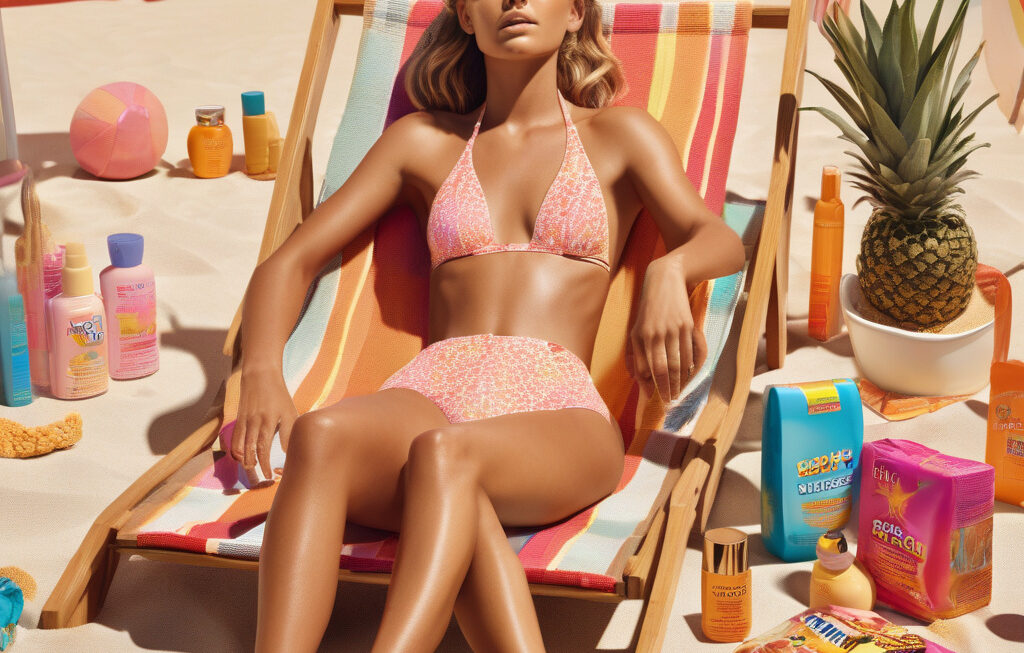Sunscreen to Shoppers: Pick Your Poison
As unchecked facts infiltrate the health and wellness market, indie sunscreen brands are burning out on misinformation — and getting heated in the comment section.
The sunscreen industry is currently experiencing a revolution with the rise of independent brands challenging established giants. These indie sunscreen companies are often founded by passionate individuals who prioritize clean ingredients and sustainable practices. However, as these brands gain traction, they are also facing a new challenge: misinformation.
In recent years, the health and wellness market has been flooded with unchecked facts and dubious claims about sunscreen products. From misleading advertising to false information spread through social media, consumers are finding it increasingly difficult to navigate the sunscreen aisle. This influx of misinformation not only confuses shoppers but also poses a significant threat to indie sunscreen brands that pride themselves on transparency and authenticity.
One of the most concerning aspects of this misinformation epidemic is the impact it has on consumer trust. When false claims about sunscreen ingredients or effectiveness are circulated widely, it erodes the trust that shoppers have in all sunscreen brands, both big and small. For indie sunscreen companies that rely on building strong relationships with their customers, this loss of trust can be devastating to their business.
Moreover, the spread of misinformation about sunscreen can have serious consequences for public health. Sunscreen is a vital tool in the prevention of skin cancer and premature aging, and inaccurate information about its efficacy can put people at risk. By promoting false narratives about sunscreen ingredients or discouraging its use altogether, misinformation perpetuates dangerous myths that can harm consumers.
Indie sunscreen brands are not taking this threat lying down. Many companies are actively engaging with consumers to debunk myths, clarify misinformation, and educate the public about the importance of sunscreen. Through social media campaigns, blog posts, and partnerships with dermatologists, these brands are working hard to set the record straight and rebuild consumer trust.
One example of a brand that is leading the charge against sunscreen misinformation is SunGuard. This indie company has made transparency and education core pillars of its brand identity. Through informative blog posts and engaging social media content, SunGuard is not only promoting its own products but also debunking common sunscreen myths and providing expert advice on sun protection.
In conclusion, the rise of misinformation in the sunscreen industry is a pressing issue that requires immediate attention. As indie sunscreen brands continue to challenge the status quo and offer consumers alternative options, it is crucial that they also combat misinformation and uphold the integrity of their products. By prioritizing transparency, education, and consumer trust, indie sunscreen brands can navigate this challenging landscape and emerge as leaders in the fight against misinformation.
sunscreen, health, wellness, misinformation, consumertrust











